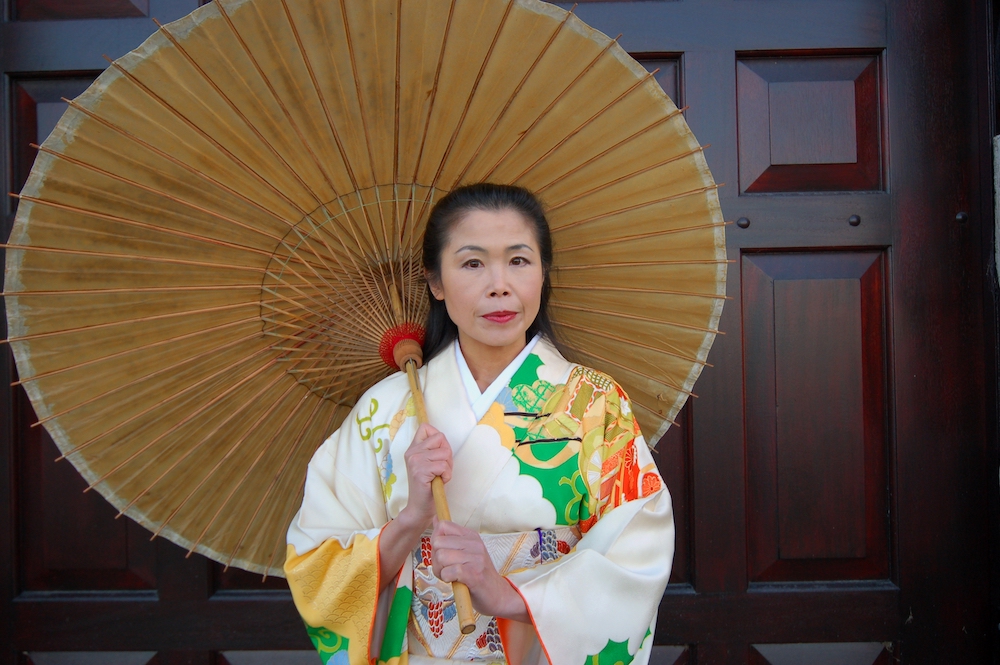A guide to finding balance in every area of our busy lives, using the Japanese wisdom of Chowa
The Japanese wisdom of chowa offers a fresh perspective on how to live, and new ways both to make space and find balance among the many different directions that modern life pulls us in.
Chowa is a Japanese concept that is often translated as ‘harmony’, but more accurately means ‘the search for balance’. Chowa is both a philosophy and a set of practices that can help us get to the heart of what is most important to us, and, change our way of thinking about ourselves and others.
The Power of Chowa enables us to look at our lives from a genuinely fresh perspective, with a realistic attitude that fosters being as true as we can to ourselves, and as brave as we can in the world. From the simple everyday challenges of keeping the toilet clean, to our relationships, to work-life balance, to dealing with death and disaster, Akemi Tanaka shines a light on coping and problem-solving techniques by focussing less on a desired harmonious result, and more on how to complement and balance the opposing forces life so often throws at us.

Q and A with Akemi Tanaka
What does Chowa mean to you?
Chowa is a Japanese word that means harmony but more literally it means ‘the search for balance’.
For me, it means actively working with what I have to bring balance to the way I live my life, doing what I can to treat each moment as a chance to check in with myself. I try to stay calm and collected so I can be prepared, and ask myself ‘what can I do here to best move things along, or respond to this person?’
The practice of doing this moment by moment ‘research’ produces a special quality of alertness, and even tension. There is a special balance to a room (what’s going on with other people) and to each of our own states of mind (what’s going on with me). When it comes to bigger changes and challenges, thinking about chowa helps me be as prepared as I can be for whatever life throws my way.
You were raised in a very traditional Japanese style. Was the concept of chowa something that was instilled in you from a young age?
That’s right. I was raised by my father and mother in line with what, by today’s standards, was a fairly strict regimen of discipline. My ancestors were 15th century samurai, and my father and mother took this samurai spirit very seriously — I was told that, in days gone by, female samurai too would have to defend the home, and even lead troops into battle if their fathers or husbands fell in combat. I was encouraged not just to be ‘bright and beautiful’ (which is what Akemi means in Japanese) but strong and determined too. I spent a lot of time in and around our large family home, and in the book, I argue that the traditional spirit of chowa — preparing for the worst, being as ready as we can be moment to moment, serving the objects in our home so they can best serve us — was instilled in me by my family.
This includes principles like ‘mottainai’ which means something like ‘zero-waste’ and Shinto-inspired practices of keeping our homes clean and tidy. My grandmother used to tell me to keep ‘the spirit of the toilet happy’ so that I would be happy too!
How have you used it in your own life?
Chowa really comes in useful in business settings. I teach business etiquette and business Japanese to several students in the UK. The more I’ve taught, the more I’ve felt a lot of what I teach about actively listening in business meetings, being active mentors and active learners at work, and approaching our work with what I call ‘the right stance of mind’ (in Japanese the word is kokoro-gamae) are all essentially lessons in chowa. And as well as being something I teach others, I try to bring this kind of ‘readiness’ to my own work whenever I can. But I would also say that being away from Japan has made me more critical of the kind of ‘workplace chowa’ that some people insist on preserving at all costs, and I’m proud of having spoken up in the book and elsewhere about the kind of things we can do, particularly regarding the situation for professional women in Japan, to challenge narrow ideas of ‘harmony’ that aren’t working for everyone.
Chowa also gave me a kind of roadmap when it came to starting my charity Aid For Japan in 2011, in the wake of the Tohoku Earthquake and Tsunami, to help orphans of the disaster. Chowa is about taking stock of our surroundings, and acting as peacefully and positively as we can, and this kind of thinking really helped me when I was getting started. For me, it meant visiting families in their homes, as well as taking as much advice as I possibly could from experts and those who were directly affected by the disaster. I drew a lot on my community — many of the volunteers working for my charity are former students of mine. As an organisation, we have to stay alert to what’s coming up ahead, as our charity moves on to the next phase of its life (we’re now expanding our activities to help to Tohoku region more widely, and to bring opportunity to the young people we started helping around eight years ago).
The Power Of Chowa is published by Headline Home.
Order the book via: https://www.amazon.co.uk/Power-Chowa-Finding-Balance-Japanese/dp/1472267850/
